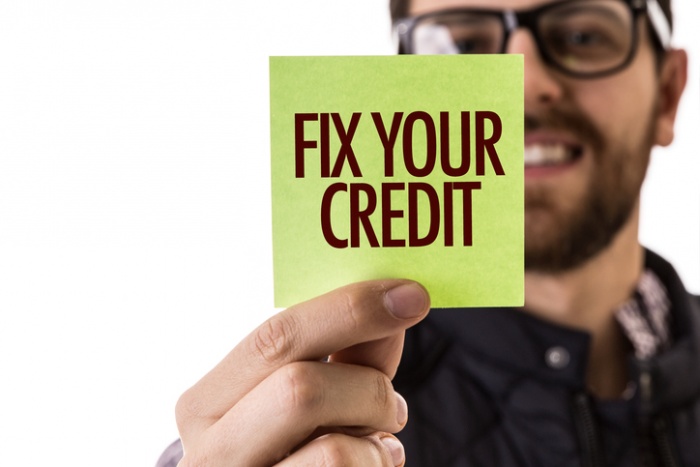Your credit score rating says a lot about you. It represents the most important impression you’ll make on a potential lender. The better your score, the more creditworthy you appear and the more likely you’ll be approved for a loan or credit card the best terms. There are many reasons why you might have a lower credit score. Bankruptcy, divorce, unpaid collections could all be attributing to your score. But how do you start repairing your credit? Here are some ways to start building up your credit.
- Review Your Credit Report
All three credit bureau agencies are required to give you a free copy of your report once a year. Reviewing your credit report will help you to determine if there are any errors. If you find something, you will be able to dispute it.
- Arrange to Catch Up on Your Payments
Payment history accounts for the largest factor affecting your credit score. If you are behind on your payments, you won’t be able to improve your credit situation. Try to bring all of your accounts up to date. If you aren’t in a position to do that, contact your creditors and work out a payment plan. Be upfront and honest with them. Explain your situation, and let them know that you want to pay your obligation.
- Pay Your Bills on Time Moving Forward
Going forward, pay your bills on time. This would also include non-credit bills. Missed utility payments and late rent payments reported to the credit bureaus. Consider having automatic payments set up in order to avoid missing payments in the future.
- Pay Down Debt
Credit Utilization is the second most important factor when determining your credit score, and it’s the total amount of credit available to you. If you are using too much of your available credit, it can count against you. Create a plan to pay down your debt a little faster. Take a look at your expenses and see if you can cut back on certain expenses. Set a goal credit utilization at 30% or less, as that will improve your score.
- Get a Secured Credit Card
If your credit card accounts were closed, you may need to start with a secured credit card. With this card, you deposit money upfront as collateral, but then it works like and a regular credit card. Avoid using over 30% of your limit, which is typically equal to your deposit.



Comments